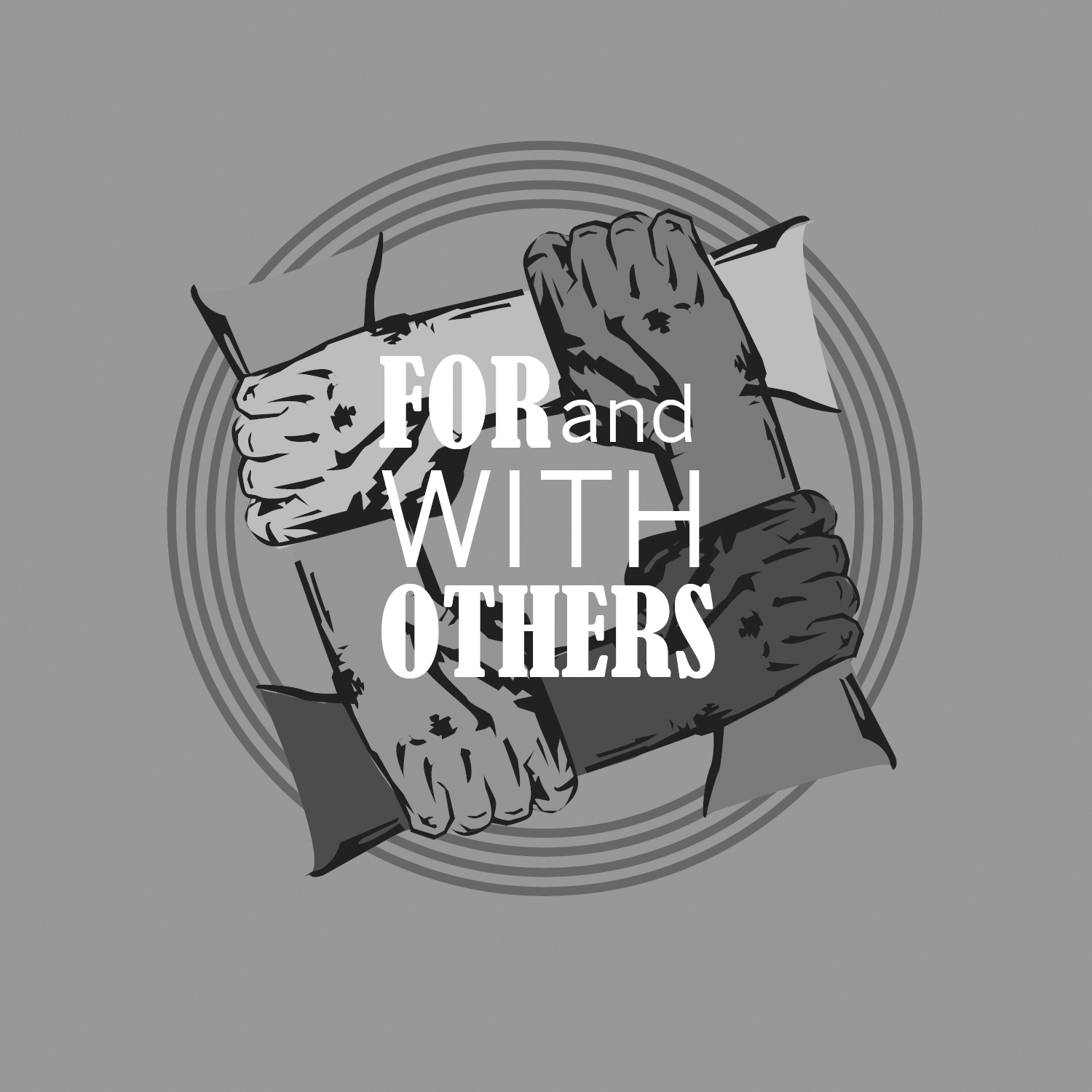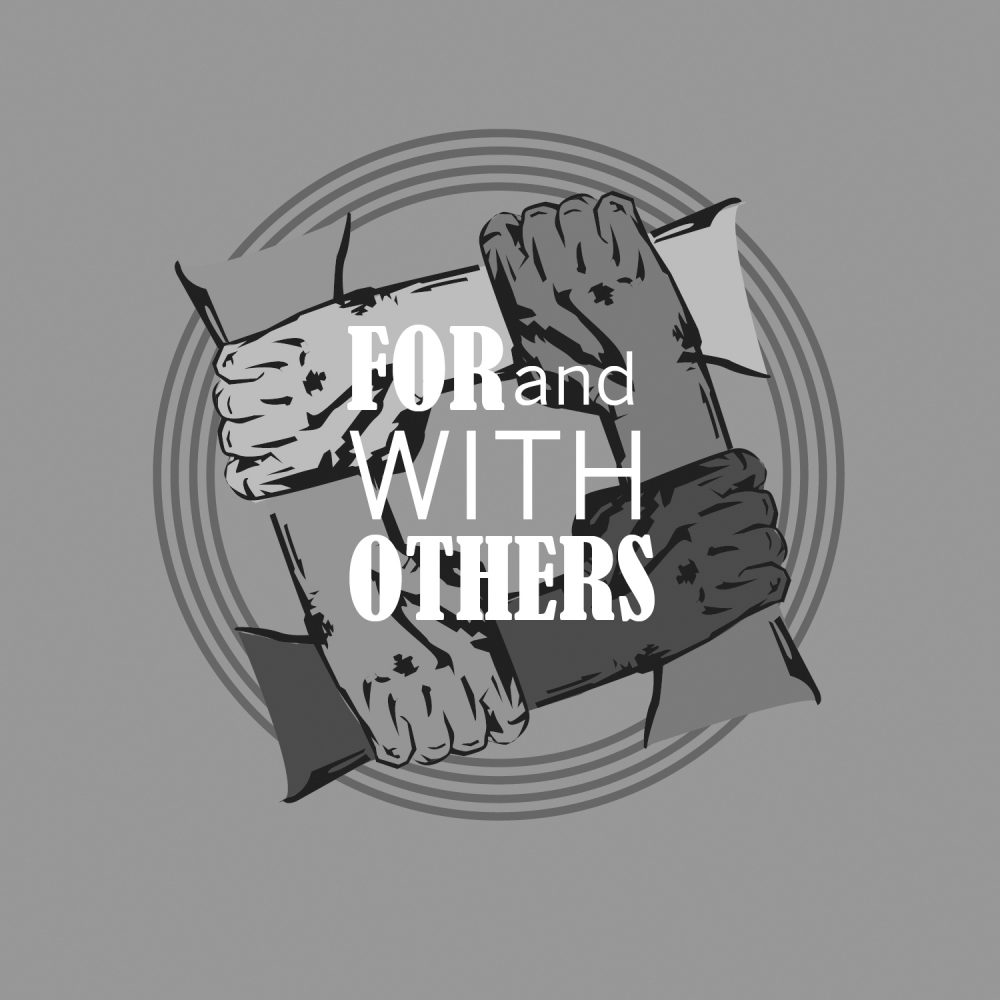
Over the past two weeks, a group of students has helped organize two events that addressed the concepts of privilege and allyship. In those two events, I was pleasantly surprised by the turnout and the willingness people had to discuss these issues.
This should not be all that surprising though. Privilege is not easy to talk about, and accountable allyship may be even more difficult. I hope that the two events helped some individuals grapple with these issues in a small way, but there are many more people at SLU who need to hear similar messages and begin to embody those messages themselves. The process of acknowledging your privilege and using that privilege in a way that is both accountable to affected groups and challenges structures of sexism, racism, homophobia, etc., is extremely difficult, but I argue that such a process is necessary for people with privilege.
Privilege can be defined as systemic and individual unearned benefits and conferred dominance. For men, this can be seen as being able to walk on the street at night without fear, or being automatically more qualified for a job in comparison to your non-male counterparts. There are also privileges in the U.S. for being wealthy, white, college-educated, Christian, able-bodied, heterosexual, cisgendered and more. Lastly, and arguably most importantly, privilege comes at the expense of others; the success of the U.S. economy into the present day (which has overwhelmingly and unfairly benefited wealthy white men) was ensured by slave labor from Native and African peoples and an access to land taken from Native Americans. This is one of countless examples, and I encourage you to read more on how privilege for one is connected to the oppression of the “other.”
If these privileges are seen, they are often difficult to acknowledge. Another way many people use their privileges is to avoid discussions in which their privilege is called into question. It is not surprising that only women in Greek organizations responded to my article on Greek life last semester and engaged in a, frankly, still-needed conversation; men are often so insulated in their privilege that they literally did not feel a need to respond to my claims of discriminatory practices and a rampant rape culture.
If people with privilege happen to stumble into one of these discussions, some of the responses are purely defensive, be it by shutting down the conversation or lashing out against the people telling them they have privilege. All of these efforts are to avoid critical reflection and an acknowledgment of what privileges they have.
If a person reflects and acknowledges that they have won the birth lottery and benefited from unearned advantage their entire life, it is just as difficult for them to use that privilege in a way that is accountable and challenges institutions and individuals that perpetuate sexist, racial, transphobic or other biases. That is where allyship comes in.
In comparison to how little privilege is spoken about at SLU, allyship is spoken about even less, especially amongst the people that would consider themselves allies. It is like many people have claimed to have passed a class they have never felt compelled to take. Acknowledging privilege is hard, so learning how to use it effectively should not be considered a cakewalk.
I’ll give a few suggestions, but practicing allyship should always compel you to take more than a few steps.
First, educate yourself on the issues that concern marginalized groups. You don’t know how access to domestic violence shelters is less for women of color? Read from the perspectives of people who experience or study this discrimination. Treat this education seriously; one’s knowledge of these issues directly impacts their ability to challenge the structures that perpetuate discrimination and injustice.
Second, learn to listen. Humility is probably the most important trait for an accountable ally. Someone told me, “A wise, white person would never claim to be an expert on race.” For people with privilege, accept that you do not know much about other people’s oppression and be willing to listen to their experiences; they are doing you a service by trying to educate you.
Finally, begin to challenge yourself and others to end their perpetuation of sexist, racist or ableist biases. As someone who practices allyship, you are attempting to undo racism, sexism and other -isms; being complicit to your friend’s sexist jokes does not undo anything. After you do challenge the status quo, seek constructive critiques so you can improve in your allyship.
The names of the two events were prefaced with the phrase “For and With Others.” That is what people who are practicing allyship are trying to do. “For and With Others” is an act of solidarity; acknowledging it as such is difficult, but is necessary work for progressive-minded Billikens.











